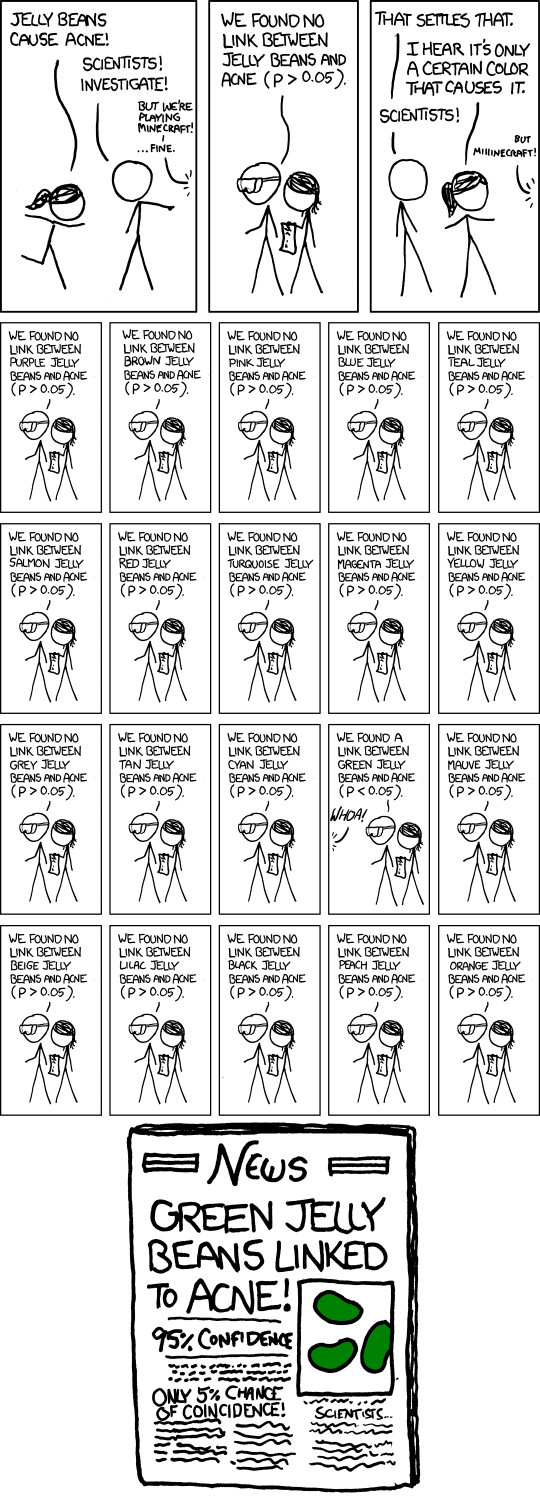

Same in Germany, I think this common in many countries, no?


Same in Germany, I think this common in many countries, no?


He looks kinda like a mix of Putin and Zuckerberg.


I hate him so much bros


Should ask somewhere else, you won’t find these people in a federated open-source communist link aggregator website.
How is national socialism a mask for capitalism?


I love the concept of this book but was pretty disappointed by the actual recipes tbh.


Yeah, tofu by itself can be very boring, but it really shines with the right spices or marinade. The simplest way to make tofu that still tastes great is to cut it up, put the pieces in a container with a tablespoon of soy sauce and some Sriracha (amount depending on your chili tolerance), and shake the container. Then you can use it in many ways, for example by placing it on something that is releasing a lot of steam, like rice that is almost done cooking.
So they were proven right, got a lunch, and paid nothing… The conclusion is that there is a free lunch.
As a background, I loved the Ezio games and also enjoyed AC3 somewhat. I also love open world RPGs in general. But I hate grinding and mandatory generic side quests.
I tried it years ago, but did not like it and stopped playing after some hours. Assassinations via sneaking up and one-shotting were not possible AFAIR, which ruined the fun on assassinations for me. RPG mechanics like leveling and skills were present, but were designed in a way that added nothing of value to the experience while requiring a boring grind. There were many side quests, but they felt boring and generic and. I could have overlooked these things and concentrated on the main story, but engaging in the level grind and the generic side quests was to a large degree mandatory to be able to continue the story. That made me feel like I’m wasting my time and made me stop playing.
Overall I felt that the game tried to find some compromise between story-based action adventure and open-world RPG, but just ended up combining the worst of both worlds. It felt like the RPG features were pushed in top-down (“everyone is doing open world, levels and skill trees now, we should put that in the game”) without any regard to WHY these features work well in some games and how they have to be integrated in order to make the experience more fun.
Even NDS games should be pretty playable on a phone. Give Heart Gold/Soul Silver a try if you’ve missed it, they’re the best Pokémon games.


No, for all jobs there is only limited supply. If more people want the job than there are jobs available, some of the people who want the job must necessarily end up not getting the job.


Why the law of large numbers?
I’d think it’s p-hacking. Meaning if he tried out many different combinations, the chances are high he’d eventually come across some which are only correlated by chance. Here’s a related XKCD: 


This article of a dentist testing other dentists gives some more anecdotal evidence: https://www.rd.com/article/how-honest-are-dentists/


In that case it actually makes sense because the main goal is to make an artificial entity appear intelligent to the player. This is not the same as calling all ML algorithms/models AI.


I’m kind of dissatisfied with the answers here. As soon as you talk about actually drawing a line in the real world, the distinction between rational and irrational numbers stops making sense. In other words, the distinction between rational and irrational numbers is a concept that describes numbers to an accuracy that is impossible to achieve in real life. So you cannot draw a line with a clearly irrational length, but neither can you draw a line with a clearly rational length. You can only define theoretical mathematical constructs which can then be classified as rational or irrational, if applicable.
More mathematically phrased: in real life, your line to which you assign the length L will always have an inaccuracy of size x>0. But for any real L, the interval (L-x;L+x) contains both an infinite number of rational and an infinite number of irrational numbers. Note that this is independent of how small the value of x is. This is why I said that the accuracy, at which the concept of rational and irrational numbers make sense, is impossible to achieve in real life.
So I think your confusion stems from mixing the lengths we assign to objects in the real world with the lengths we can accurately compute for mathematical objects that we have created in our minds using axioms and definitions.


Well maybe we should ‘hack’ his limbs off


This is the way. I stopped playing the originals after X/Y, but some ROM hacks and fan games are so much fun.
All that I wanted were things I had before.
All that I needed, I never needed more.
All of my questions were answers to my sins.
All of my endings were waiting to begin.